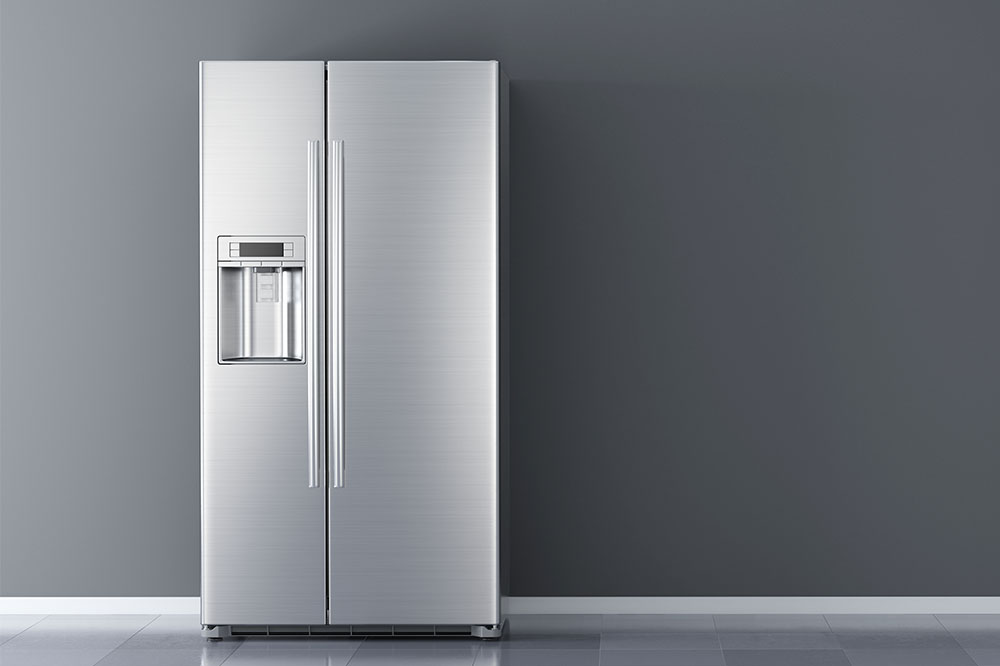Ultimate Guide to Selecting the Ideal Refrigerator for Your Home
Discover comprehensive tips for selecting the perfect refrigerator for your home. Learn to measure space accurately, assess storage needs, choose reputable brands, compare features, and save money with smart shopping. This guide helps you make an informed investment that ensures durability, energy efficiency, and seamless integration into your household. Whether you're upgrading or buying your first fridge, find out how to select a model that meets your lifestyle and budget while providing long-term reliability.

Ultimate Guide to Selecting the Ideal Refrigerator for Your Home
Choosing a refrigerator is a significant decision for any homeowner. It involves understanding your household’s specific needs, available space, and long-term budget considerations. As one of the most essential appliances in modern kitchens, a refrigerator not only preserves your food but also contributes to the overall efficiency and aesthetics of your space. With numerous models and features available in the market—from compact units perfect for small households to large-capacity models suited for bigger families—making the right choice can seem overwhelming. This comprehensive guide aims to equip you with vital tips and knowledge to select the perfect refrigerator that aligns with your lifestyle, ensuring durability, energy efficiency, and functional convenience.
Precise Measurement of Your Space – Before shopping, dedicatedly measure the space allocated for your new refrigerator. Be thorough in measuring height, width, and depth, and account for additional clearance needed for door opening and ventilation. Remember, even a few centimeters can make a significant difference in fitting your appliance seamlessly into your kitchen layout. Also, consider proximity to heat sources like stoves or windows, as these can impact the efficiency and longevity of your refrigerator.
Identify Your Storage Needs – Assess how much food storage your household requires regularly. Larger families typically need models with higher capacity—say, 25 to 30 cubic feet—while singles or couples might prefer compact options around 15 to 19 cubic feet. Think about your shopping habits, meal prep routines, and whether you need special compartments for perishables, frozen items, or beverages. Tailoring the capacity ensures your refrigerator doesn't consume unnecessary energy while providing enough storage space for your needs.
Select Reputable Brands and Models – Brand reputation matters significantly. Leading manufacturers like Samsung, LG, Whirlpool, and Frigidaire are known for building durable appliances with advanced features. Reputable brands often provide better warranty coverage, customer support, and reliable after-sales service. While budget options may seem attractive initially, investing in a well-known brand can save money long-term by reducing maintenance costs and replacement frequency.
Compare Features, Energy Efficiency, and Pricing – Modern refrigerators come equipped with varied features such as touchscreen controls, ice makers, water dispensers, smart connectivity, and adjustable shelves. Evaluate which features are necessary versus luxury add-ons. Energy efficiency is another critical factor—look for models with high energy star ratings to save on electricity bills. Shop around on both online and physical stores; many offer discounts on specific models like 19 or 20 cubic feet, allowing you to get a high-quality appliance at a more affordable price. Take note of extended warranties and service plans that can protect your investment.
To maximize your refrigerator's lifespan and performance, proper maintenance and usage are vital. Regular cleaning, avoiding overloading, and ensuring temperature settings are optimal will keep your appliance running smoothly for years. By understanding these essential aspects and making informed choices, you can select a refrigerator that perfectly matches your household needs, enhances your kitchen’s functionality, and remains a reliable source of food preservation.





